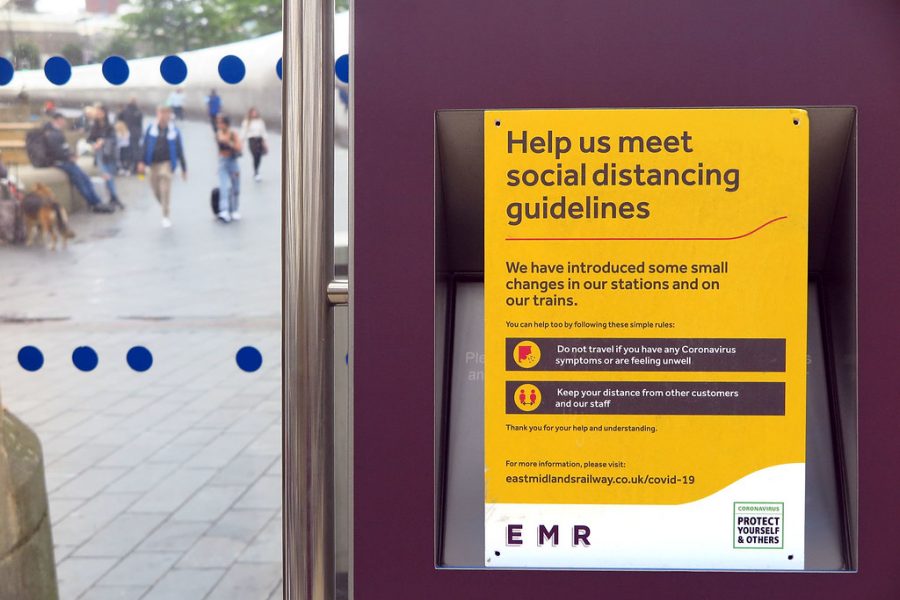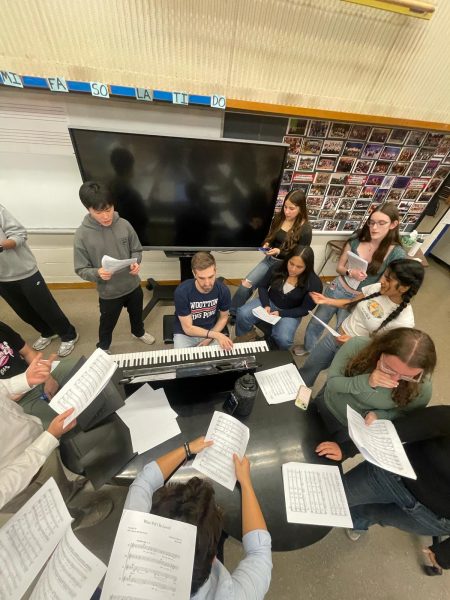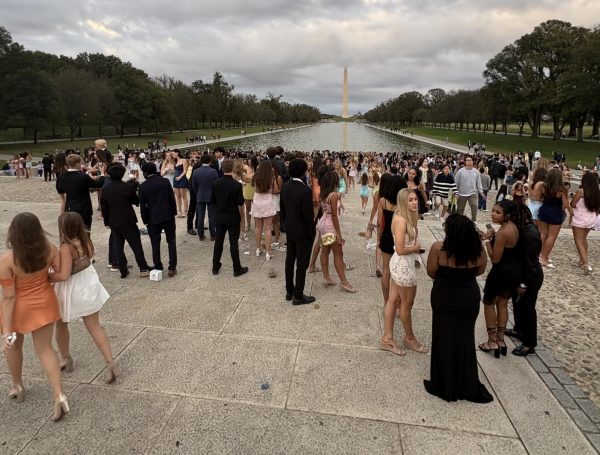The triumph of state power: COVID-19 and the influx of social control modulations
Photo used with permission from Google Commons; Tim Dennell on Flickr
Social distancing guidelines were put in place during the Covid-19 pandemic in order to reduce the spread of the Covid-19 virus.
As the Coronavirus pandemic erected itself at the outset of 2020, the face of the world began to change forever. For months, we saw continual restrictions around the world – mask mandates, quarantine camps, city lockdowns – that have not been seen for decades put in place in order for the virus to stop spreading and killing people. To an extent, this approach of controlling the population in order to help slow the spread of the virus so lives are saved most definitely makes sense.
For example, as of now, there have been 98,174,364 total cases and 1,073,115 total deaths due to COVID-19 in the United States alone, according to the Centers for Disease Control (CDC). In this sense, it would be plausible, to some extent, to think that a degree of force is necessary for the greater good of the population.
However, what has occurred is not merely an act of the government lending a hand toward the good of the population, but what has occurred is, rather, the rise of biopower disguised by a facade of security. Biopower is a concept developed by the late historian and philosopher Michel Foucault, the most cited author in the humanities, who – in addition to showing that plagues give rise to disciplinary power in regards to rigid regulation and constant surveillance implementing itself into everyday existence – explained that power now focuses on the idea that the human is a living being as biopolitics focuses on birth rate, disease, population, life and race.
Giorgio Agamben, one of Foucault’s foremost disciples, has mapped the idea of biopower onto the pandemic by claiming that the pandemic prevented people from “even moving” as life was reduced to a “biological condition” because we lived in a “perennial state of emergency,” which abolishes the possibility of a free society. Therefore, public health has become an appendage of the state, a version of power where the “state [becomes] parent,” professor of sociology at Cleveland State University James J. Chriss said.
In addition to power conditioning itself to the feature of bare life, health has now become a political issue, hence the term biopolitics. This is shown in the fact that not only did Vice President Kamala Harris claim that she wouldn’t take the COVID vaccine if former President Donald Trump said so, but also in June 2020, during police brutality protests, over 1,000 health professionals “released a letter urging city leaders not to use Coronavirus restrictions to shut down [the] anti-racism and social justice protests,” clearly showing that public health officials “[take] sides politically,” Chriss said.
While people have been arrested for escaping quarantine camps in Australia and kept inside their houses to starve in China, we have remained unconscious to the fact that new forms of control have been dispersed over the population, which is ordinarily hidden behind the veil of scientific rhetoric on safety. We must begin to question whether we truly desire pandemic regulation, or if regulation is a pernicious form of biopower that operates on fear from the population.
Your donation will support the student journalists of Thomas S. Wootton High School. Your contribution will allow us to purchase equipment and cover our annual website hosting costs.







